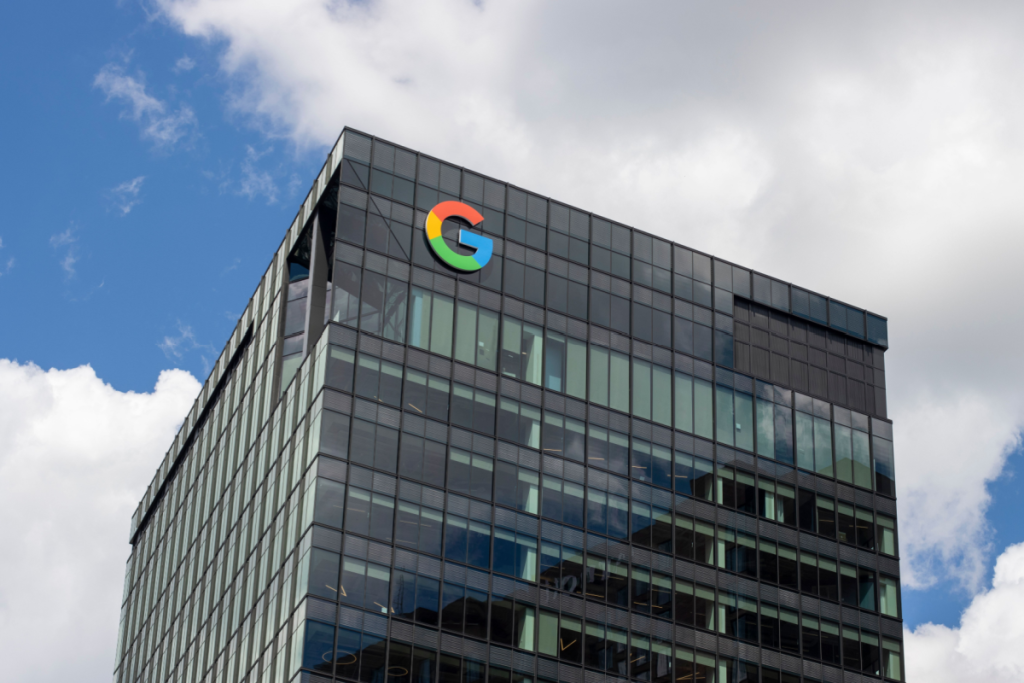Pixel Launch Shifts Focus to AI
Google’s latest Pixel 10 release highlighted not just hardware but a slate of AI-driven features, underscoring its ambition to compete with OpenAI and Perplexity in consumer AI. Tools like “Magic Cue,” which pulls data across apps, “Camera Coach,” which helps optimize photo framing, and live translation for phone calls, reflect Google’s push toward an “agentic AI” future — assistants capable of executing complex tasks seamlessly.
Android as Google’s Key Advantage
While Google has just 0.3% of the global smartphone market through Pixel sales, its true strength lies in Android, which powers over three billion devices worldwide. Analysts argue this scale allows Google to integrate Gemini AI into daily life more effectively than rivals. “The company is leapfrogging competitors like OpenAI by leveraging its access to billions of Android users,” said Neil Shah of Counterpoint Research. This built-in distribution channel provides a massive opportunity to accelerate Gemini’s adoption.
Industry Reactions and Market Timing
Experts note that Google doesn’t need to outsell Samsung or Apple to succeed. Instead, Pixel phones serve as showcases for Gemini’s capabilities, setting standards that Android partners like Samsung and Xiaomi can adopt. This creates a “flywheel effect” of adoption and feedback, strengthening Gemini’s role across smartphones. The timing also plays in Google’s favor, with Apple facing investor concerns over its slow AI rollout, leaving an opening for Google to capture momentum.
Challenges in Monetization
Despite the strong positioning, questions remain about monetization. While Google’s AI features can hook users into its ecosystem, the business model for turning Gemini’s capabilities into revenue is not yet clear. Analysts suggest that integration across billions of devices could give Google time to refine its strategy, but the broader AI race continues to hinge on balancing innovation with profitability.


